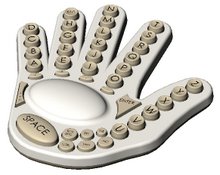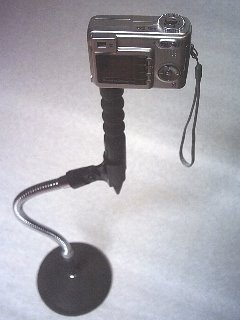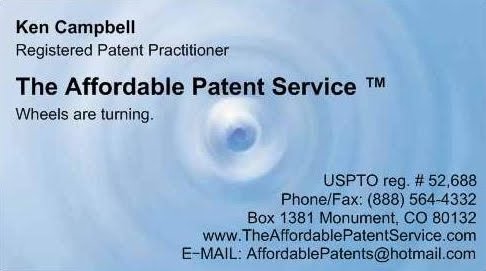You will be writing-off all of your patent application expenses as Research and Experimentation for your invention-based business. Those expenses can include additional research, engineering and prototyping. The Affordable Patent Service can itemize, document, and conduct these other activities for you, as well.
You don’t need to show (or even expect) very much income in the first few years, necessarily, to maintain a business status with your project. But, as much as inventing can be an enjoyable hobby, it is important to treat your activities responsibly, when it comes to money, time, diligence, and so on. This will show that you are handling your efforts like a business. Doing so will actually promote good habits for documenting your invention developments.
The simplest way to track your development is with some sort of timesheet. (A good one to use is the Year-at-a-Glance, which lets you log hours either by day or by month.) A supplemental form of documentation is the APS Provisional Disclosure. There are also some very handy and inexpensive computer programs made for “clocking in” to your project(s). You should get into a routine of logging hours for all of your project activities, which may include acquisitions, prototyping, research, networking, milestones, and fund-seeking. Records for the involvement of such things need to be well-kept in order to establish a business-like approach, and before considering yourself entitled to deduct or depreciate anything as a business expense.
 In terms of finances, it is often suggested that setting up a separate bank account, and dedicating it to only project transactions is just about the most convenient way to track business income and expenses. If the project can be included as part of a larger group of projects or a business venture, then that’s fine too. It’s essential, though, to demonstrate individual focus with each of them. You want your efforts to look like more than just a plain old hobby. Adopting a business-like approach to your project finances goes a long way in achieving appropriate status, with respect to taxes. And, taking steps to acquire intellectual property is a great way to demonstrate to the IRS that you mean business.
In terms of finances, it is often suggested that setting up a separate bank account, and dedicating it to only project transactions is just about the most convenient way to track business income and expenses. If the project can be included as part of a larger group of projects or a business venture, then that’s fine too. It’s essential, though, to demonstrate individual focus with each of them. You want your efforts to look like more than just a plain old hobby. Adopting a business-like approach to your project finances goes a long way in achieving appropriate status, with respect to taxes. And, taking steps to acquire intellectual property is a great way to demonstrate to the IRS that you mean business.Incidentally, if things don’t go as well as expected with your project, it is also possible to donate your application, or issued patent, to a non-profit organization. This allows you to write-off the fair market value of the intellectual property, in the tax year following your donation. Look for a coming article for more information about that…







